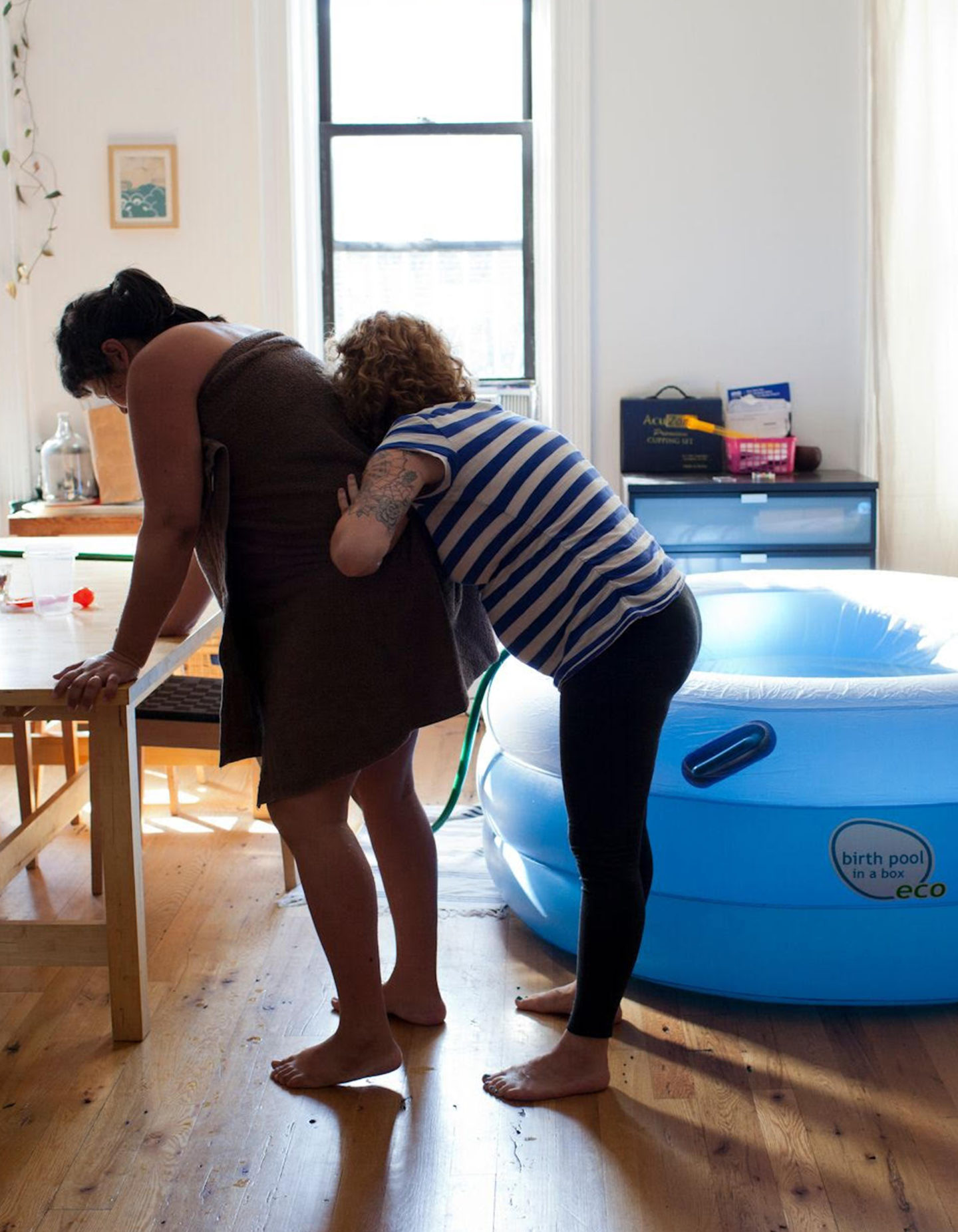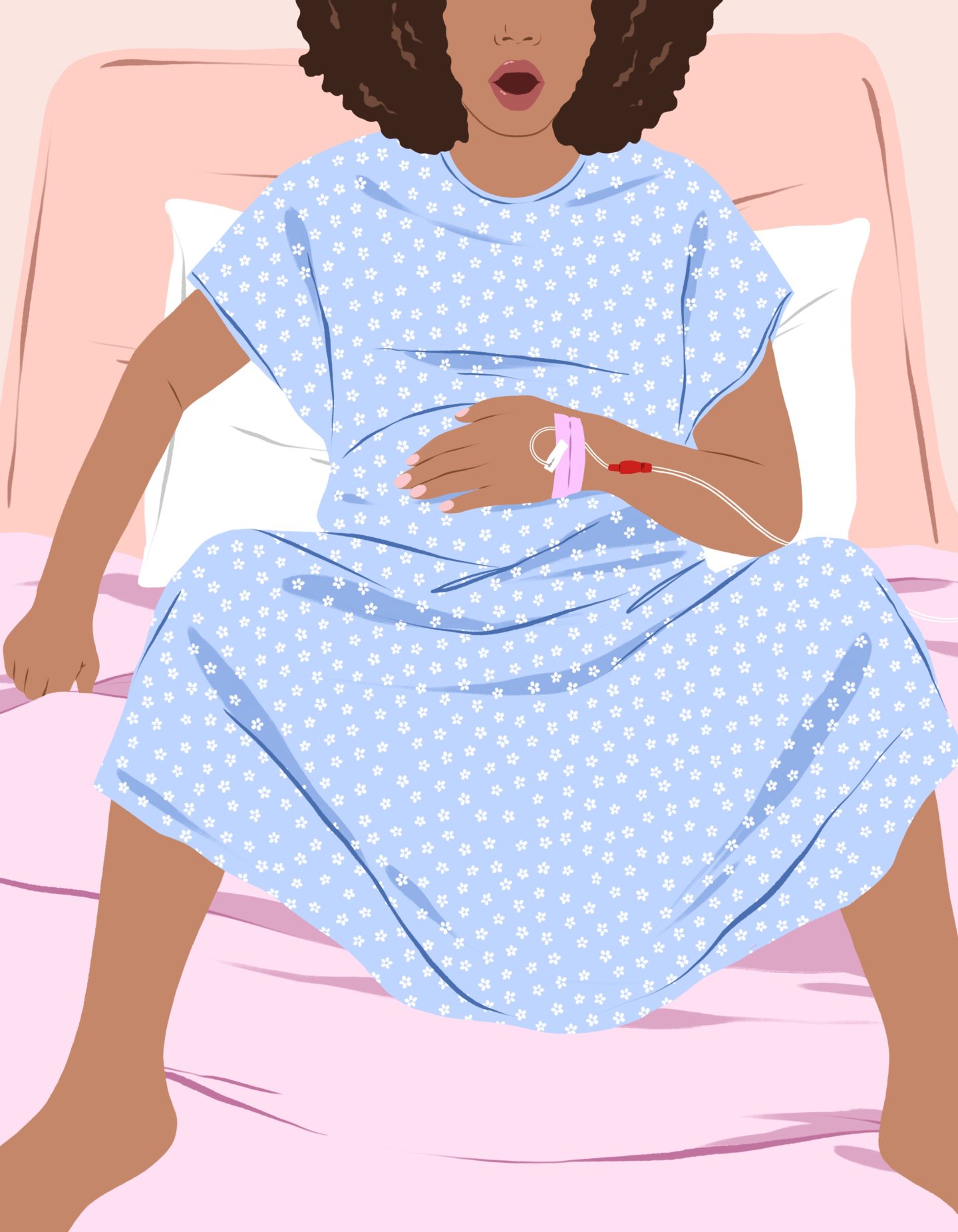Your doctor will likely recommend you receive a glucose screening somewhere between 24 and 28 weeks. The reason? To check for gestational diabetes, a high blood sugar condition that some women get during pregnancy. (FYI it’s super common, not life threatening and it does not mean you will have diabetes following your pregnancy, so chillax).
Like all screenings, the glucose screening won’t give you a true diagnosis (fun, right?) but it will identify if you’ll need more testing down the line. Here’s the deal. When you arrive for the test, your doctor will give you a kind of gross, super sweet solution that contains 50 grams of glucose. You’ll have to basically chug it. An hour later, you’ll have your blood taken from your arm to check your blood sugar level. The goal is to gage how efficiently your body processes sugar. The results should be available in a few days.
If you’re reading it too high, it doesn’t mean you have gestational diabetes, it just means you have to go back for the glucose tolerance test (GTT) which is when the real heinousness begins. The GTT is a three-hour test that begins on an empty stomach (so book that sh*t early). When you arrive for the test, they’ll prick your arm as a baseline, then you’ll chug the syrup, they’ll prick you again, and it will continue once an hour for three more hours. Chug, arm prick, wait. It’s a long and godawful test, and if you start feeling nauseous or faint, speak up and ask that they let you lie down in an exam room. After the final blood sample, you get to leave and go eat/nap/cry.
If you are diagnosed with gestational diabetes, you will explore a treatment plan with your doctor to manage the condition. Like we said, this diagnosis should only last as long as your pregnancy, but you’ll have to take another glucose test six to eight weeks after your baby is born just to make sure.








